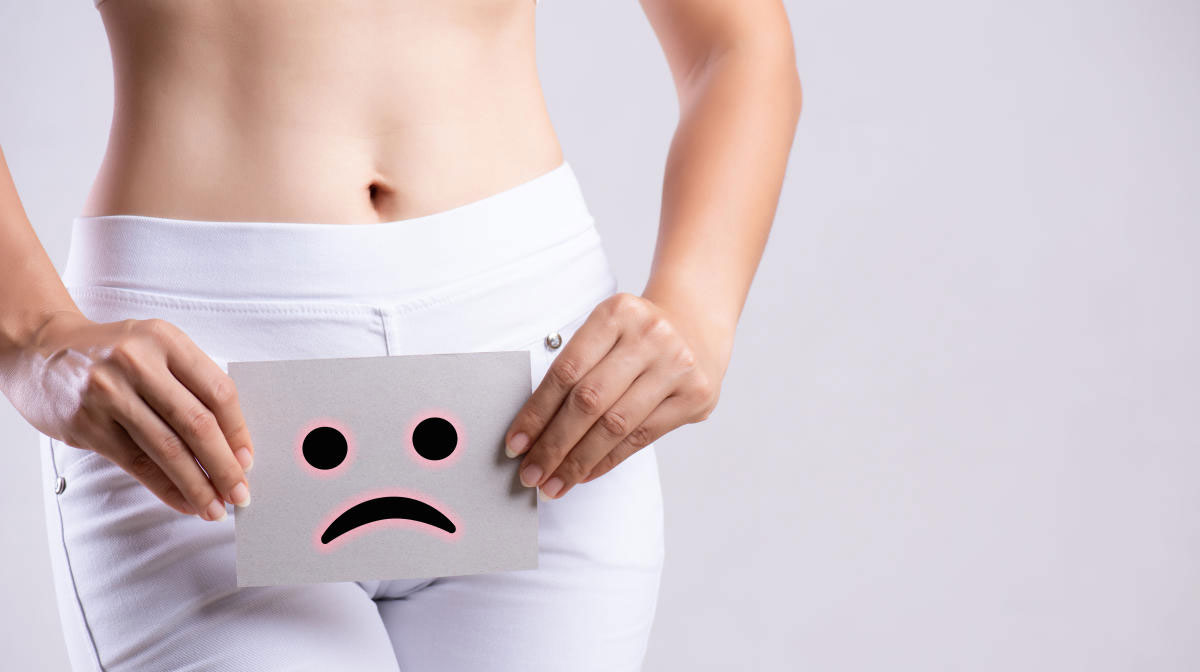- Malad West, Mumbai
- +91-7400188399
- mccmumbaicosmeticcentre@gmail.com
Stress Urinary Incontinence (SUI) Treatment
Stress Urinary Incontinence (SUI) Treatment in Mumbai

What is Stress Urinary Incontinence?
Stress Urinary Incontinence (SUI) is a condition where urine leaks out when you cough, sneeze, laugh, lift something heavy, or do any activity that puts pressure on your bladder. It happens when the muscles supporting the bladder and urethra weaken, making it difficult to control urine flow. SUI is common, especially in women, and can affect daily life and confidence.
Causes of Stress Urinary Incontinence
SUI occurs when the pelvic floor muscles and urinary sphincter become weak. Some common reasons for this include:
- Pregnancy and childbirth
- Aging and menopause
- Obesity (extra weight puts pressure on the bladder)
- Chronic coughing from smoking or respiratory conditions
- Heavy lifting or high-impact exercises over time
- Pelvic surgery that affects bladder control
How Common is SUI?
Stress Urinary Incontinence is one of the most common types of urinary incontinence, affecting millions of people worldwide. Studies show that about 1 in 3 womenexperience SUI at some point in their lives, particularly after childbirth or menopause. While less common in men, it can occur after prostate surgery.
How Does SUI Affect Quality of Life?
Living with stress urinary incontinence can impact daily activities, mental well-being, and social life. Many individuals with SUI experience:
- Embarrassment and social withdrawaldue to fear of leakage in public
- Avoidance of physical activitieslike exercise or dancing
- Emotional distresssuch as anxiety or depression related to incontinence
- Skin irritation or infectionsfrom frequent moisture exposure
Fortunately, several non-surgical treatments can effectively manage SUI, improving bladder control and quality of life.
Non-Operative Management of Stress Urinary Incontinence
1. Pelvic Floor Exercises (Kegel Exercises)
- Strengthen the pelvic muscles to improve bladder control.
- Performed by contracting and relaxing pelvic muscles for a few seconds.
- Regular practice can significantly reduce leakage episodes.
2. Bladder Training
- Helps regulate urination patterns.
- Involves scheduled bathroom trips and delaying urination urges gradually.
3. Lifestyle Modifications
Weight Management: Excess weight adds pressure on the bladder, worsening SUI. Maintaining a healthy weight can alleviate symptoms.
Fluid Management: Limiting caffeine and alcohol intake reduces bladder irritation.
Avoid Smoking: Smoking leads to chronic coughing, worsening incontinence.
4. Vaginal Pessaries
- A medical device inserted into the vagina to provide bladder support and prevent urine leakage.
-Useful for mild to moderate cases.
Hormone Therapy
- Estrogen creams or vaginal rings may strengthen vaginal tissues, improving urinary control, especially in postmenopausal women.
6. Biofeedback Therapy
- Uses sensors to monitor pelvic muscle activity.
- Helps improve muscle control with guided feedback.
7. Electrical Stimulation
- Mild electrical pulses stimulate pelvic floor muscles, strengthening bladder control.
If SUI symptoms persist despite these treatments, consult a specialist for personalized guidance. Early intervention can prevent worsening symptoms and improve daily comfort.
Top Stress Urinary Incontinence (SUI) Experts in Mumbai
FAQs About Stress Urinary Incontinence
1. Is stress urinary incontinence only a problem for women?No, although SUI is more common in women due to pregnancy and menopause, men can also develop it, especially after prostate surgery.
2. Can stress urinary incontinence be cured?In many cases, yes. Pelvic exercises, lifestyle changes, and medical treatments can help reduce or stop urine leakage.
3. How do I know if I have SUI or another type of incontinence?SUI occurs when urine leaks during physical activities like coughing or sneezing. Other types, like urge incontinence, involve sudden strong urges to urinate.
4. Do Kegel exercises really help?Yes, Kegel exercises strengthen pelvic muscles and can significantly improve bladder control over time.
5. When should I see a doctor for SUI?If urine leakage is affecting your daily life, confidence, or hygiene, it’s a good idea to consult a doctor for proper evaluation and treatment options.






